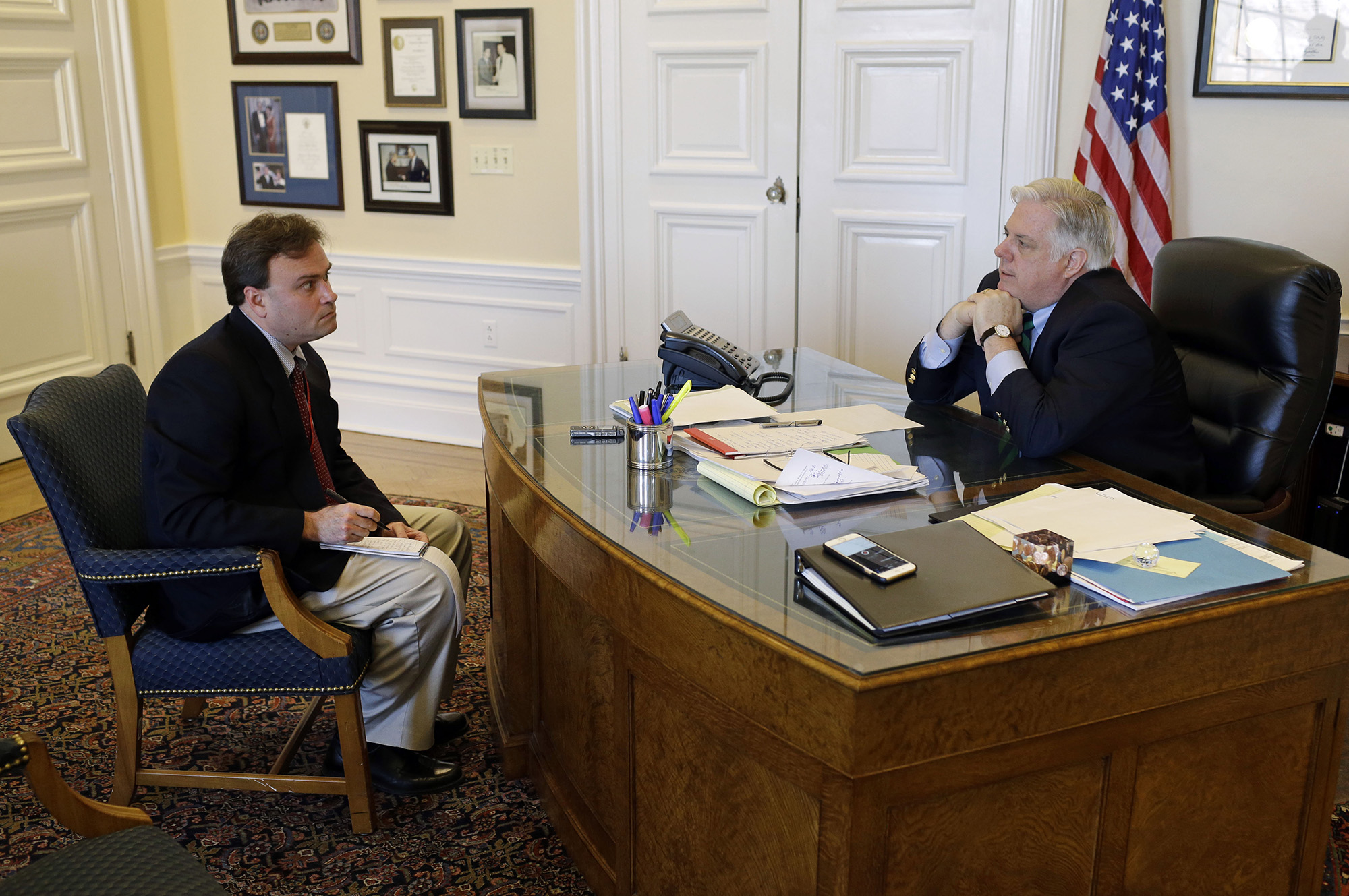Freedom of information and access
It’s a core component of journalism in a democracy: making sure the public gets the information that it has a right to know.
We are committed to this principle and are a leading and aggressive advocate of the importance of transparency and accountability in government.

In the U.S., we have taken definitive steps to address the growing number of Freedom of Information Act (FOIA) denials. Beginning in 2009, we increased our internal FOIA training and strengthened our overall approach to filing appeals, responding to denials and negotiating with government agencies. AP takes on investigative projects that are heavily reliant on FOIA and state open records requests and works with reporters internationally on cases that deploy both U.S. and foreign-based laws.
AP’s use of the Freedom of Information Act has led to the release of critical information that the government would have preferred to keep secret.
In 2016, in response to a lawsuit by AP and several other news organizations, the FBI released the full transcript of the 911 call made by the Orlando nightclub shooter. Also in 2016, our document dig revealed decades of neglect by local, state and federal agencies in East Chicago, Indiana, which allowed residents of the town to be exposed to lead. In 2015, we obtained stunning emails that showed Coca-Cola Co. was a guiding force behind a nonprofit group founded to fight obesity.
Along with our in-house counsel, our reporters and editors take three key actions around Freedom of Information:
- Assert relevant rights under federal and state constitutions and Freedom of Information laws to obtain access to news—going to court, if necessary, to enforce those rights.
- Monitor compliance by government agencies and officials with FOI laws and report infractions and shortcomings.
- Defend the statutory and constitutional rights of journalists to do their work free of government interference or intrusion.
In addition, AP stepped up training for outside groups, advocated for the strengthening of FOIA and engaged the services of the new Office of Government Information Services for the resolution of certain appeals that were denied by agencies.
AP’s FOIA work in 2009 and 2010 has been honored with the Eugene Pulliam First Amendment Award, which recognizes a person or organization that has fought to protect and preserve one or more of the rights guaranteed under the First Amendment.
